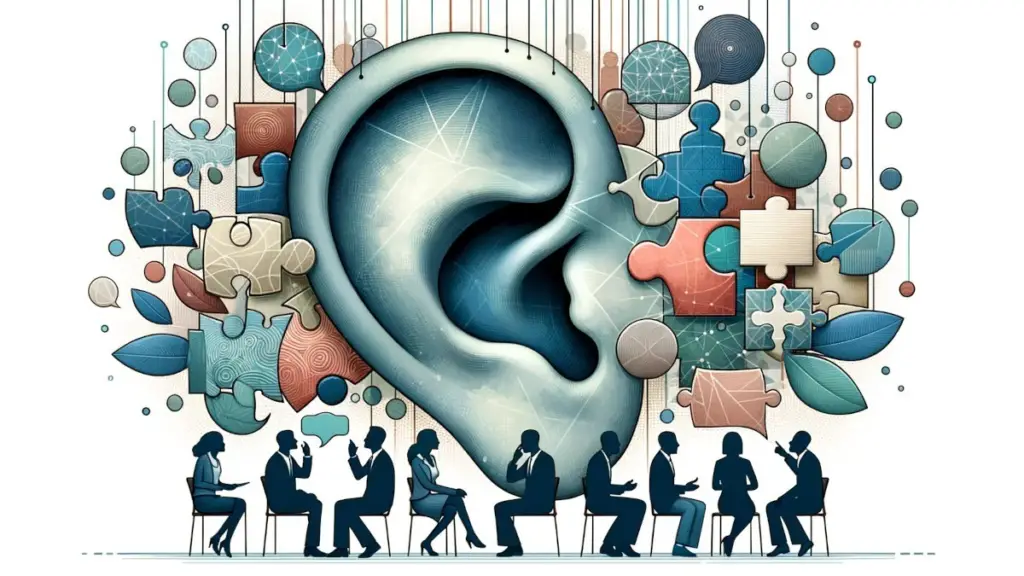
7 Social Skills to Master Before You Turn 30
Table of Contents
7 Social Skills to Master Before You Turn 30, Your 20s are a transformative decade, a time to shape your personal and professional identity. It’s the phase when habits are built, experiences shape your character, and social skills play a pivotal role in navigating life’s complexities. Mastering essential social skills during this period can set you up for a lifetime of meaningful relationships, successful career opportunities, and emotional resilience. Here’s an in-depth guide to seven vital social skills you should work on before hitting the big 3-0.
1. Master the Art of Listening

Listening goes beyond simply hearing words; it’s about understanding the emotions, intentions, and context behind them. Being a good listener fosters trust, improves relationships, and makes others feel valued.
- Tips to Improve Listening:
- Practice active listening by maintaining eye contact and nodding to show engagement.
- Avoid interrupting or jumping to conclusions; let the speaker finish their thoughts.
- Ask follow-up questions to clarify and demonstrate genuine interest.
By honing this skill, you’ll strengthen your relationships and make a lasting impression on others.
2. Develop Clear and Confident Communication

Clear communication ensures that your thoughts are understood, and confident communication earns you respect. Striking a balance between being assertive and respectful is key to avoiding misinterpretations and conflicts.
- Key Elements of Confident Communication:
- Use “I” statements to express feelings without blaming others.
- Avoid filler words like “um” or “uh” to maintain clarity.
- Maintain a steady, calm tone, and articulate your points with conviction.
Whether in personal conversations or professional meetings, confident communication will empower you to navigate any situation effectively.
3. Learn to Build Rapport

Connecting with people is an invaluable skill, whether you’re making friends, impressing a potential employer, or bonding with peers. Building rapport requires empathy, attentiveness, and often, a touch of humor.
- How to Build Rapport:
- Find common ground through shared interests or experiences.
- Show genuine curiosity by asking open-ended questions.
- Use humor sparingly and appropriately to create a relaxed atmosphere.
When you master this skill, you’ll find that your relationships deepen, and new opportunities often arise from your ability to connect with others.
4. Handle Conflict Diplomatically

Conflict is a natural part of life, but your ability to handle it determines the outcome. Reacting with calmness and diplomacy can turn disputes into opportunities for growth and understanding.
- Steps to Handle Conflict Effectively:
- Stay calm and avoid reacting impulsively.
- Acknowledge the other person’s perspective without dismissing your own.
- Focus on solutions rather than dwelling on the problem.
By mastering conflict resolution, you’ll not only strengthen your relationships but also earn respect as someone who can manage challenging situations gracefully.
5. Understand Non-Verbal Communication

Your body language, facial expressions, and tone of voice often communicate more than your words. Non-verbal communication can either reinforce your message or contradict it entirely.
- Tips for Effective Non-Verbal Communication:
- Maintain open body posture to convey approachability.
- Use appropriate facial expressions that align with your words.
- Be mindful of your tone; a warm, steady voice fosters trust.
Understanding and using non-verbal cues effectively can make your interactions more meaningful and impactful.
6. Master the Art of Networking

Networking isn’t just about collecting business cards or LinkedIn connections; it’s about building genuine, mutually beneficial relationships. Strong networks can open doors to opportunities and provide valuable support throughout your career.
- How to Network Effectively:
- Be authentic in your interactions—people can sense insincerity.
- Follow up after initial meetings to maintain connections.
- Offer value to others, such as sharing resources or advice, without expecting immediate returns.
A strong network built on trust and reciprocity will serve as a foundation for your professional and personal growth.
7. Set Healthy Boundaries

Healthy boundaries are essential for maintaining mental and emotional well-being. Knowing when to say “no” and communicating your limits respectfully can prevent burnout and promote healthier relationships.
- How to Set Boundaries:
- Be clear and direct about your limits, but remain respectful.
- Learn to say “no” without guilt—it’s a sign of self-respect.
- Regularly assess and adjust boundaries based on your needs.
Boundaries empower you to protect your time, energy, and emotional health, making you a better friend, colleague, and partner.
The Path to Social Mastery
Mastering these seven social skills in your 20s may seem daunting, but remember that growth takes time and practice. Start with small, daily actions—listen more attentively, practice clear communication, or set one healthy boundary today. As you cultivate these skills, you’ll notice improvements in your confidence, relationships, and overall quality of life.
By the time you turn 30, you’ll not only have a stronger social foundation but also the tools to thrive in both personal and professional arenas. The sooner you start, the brighter your future will be.




